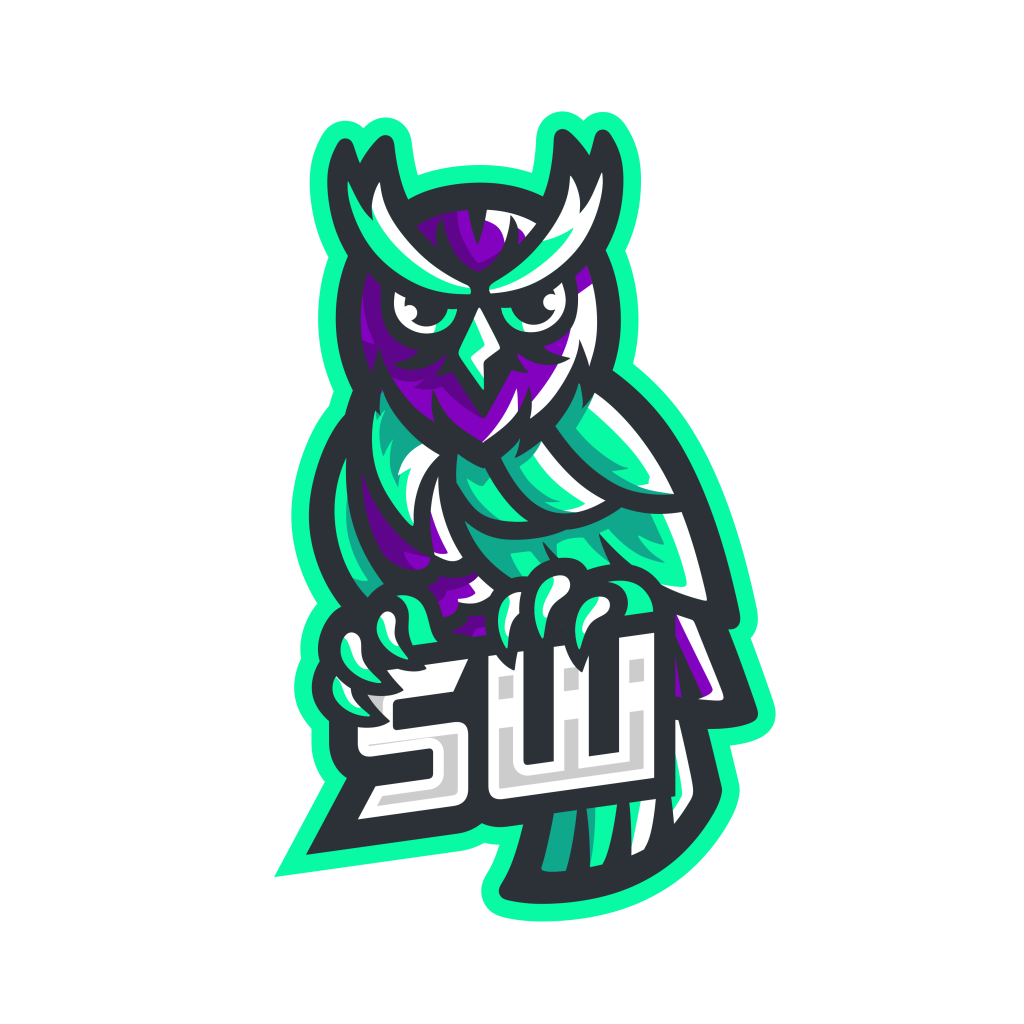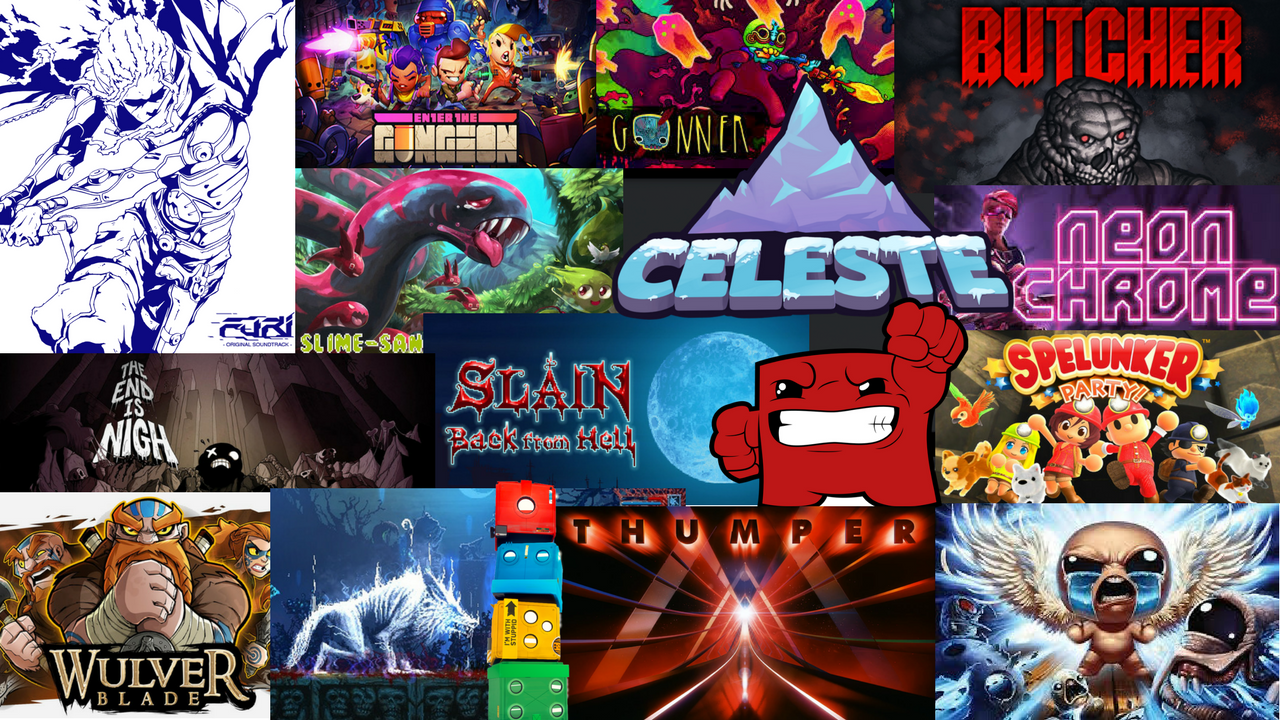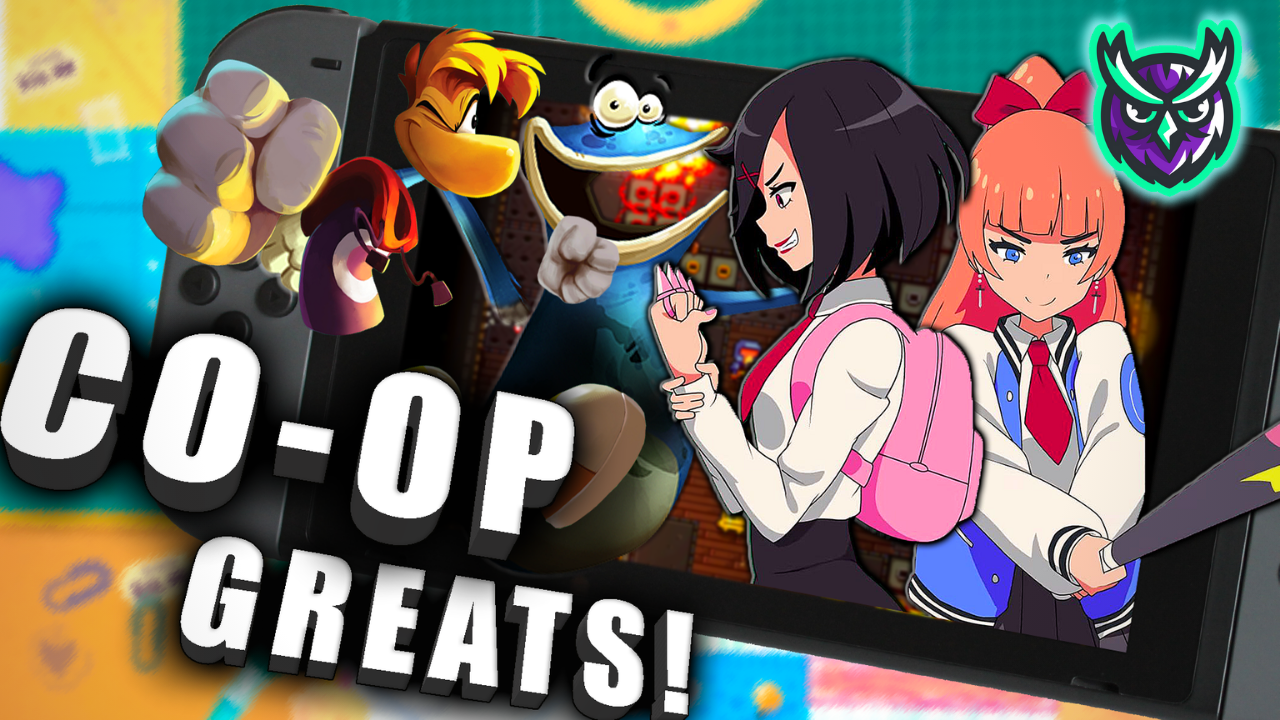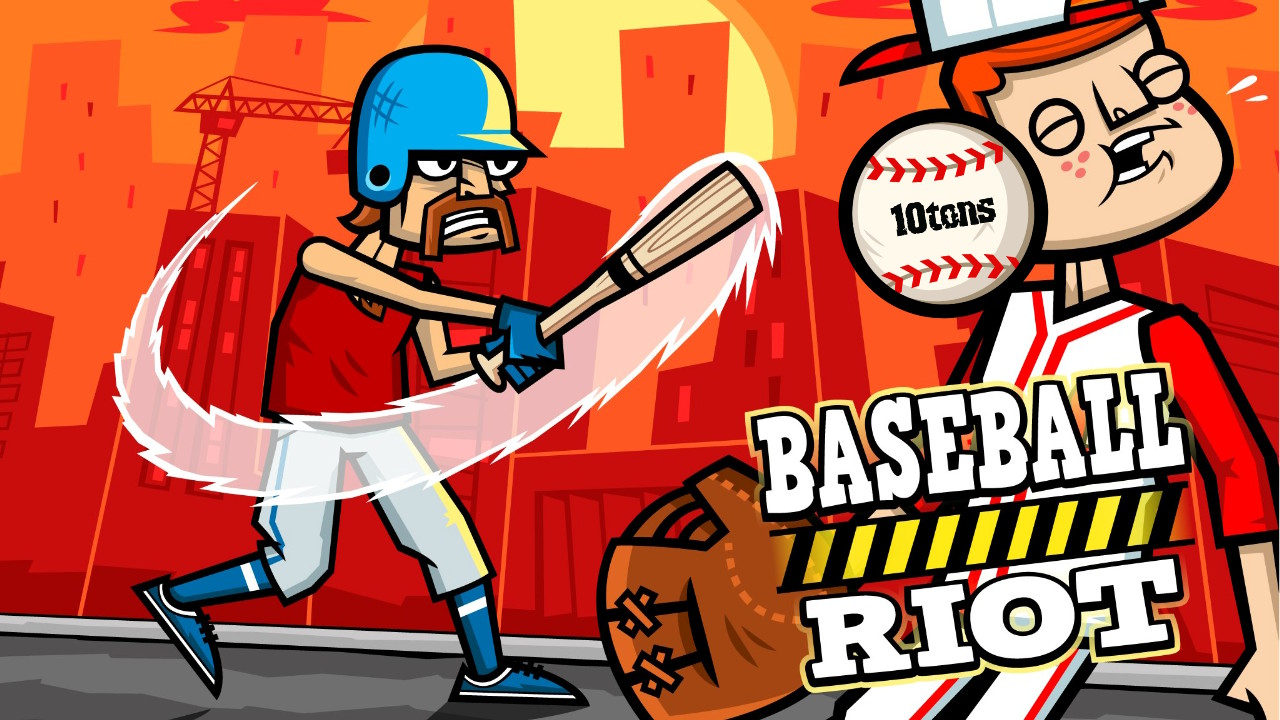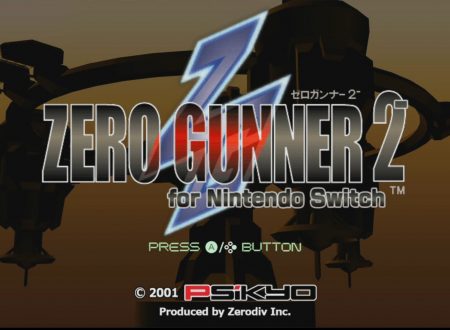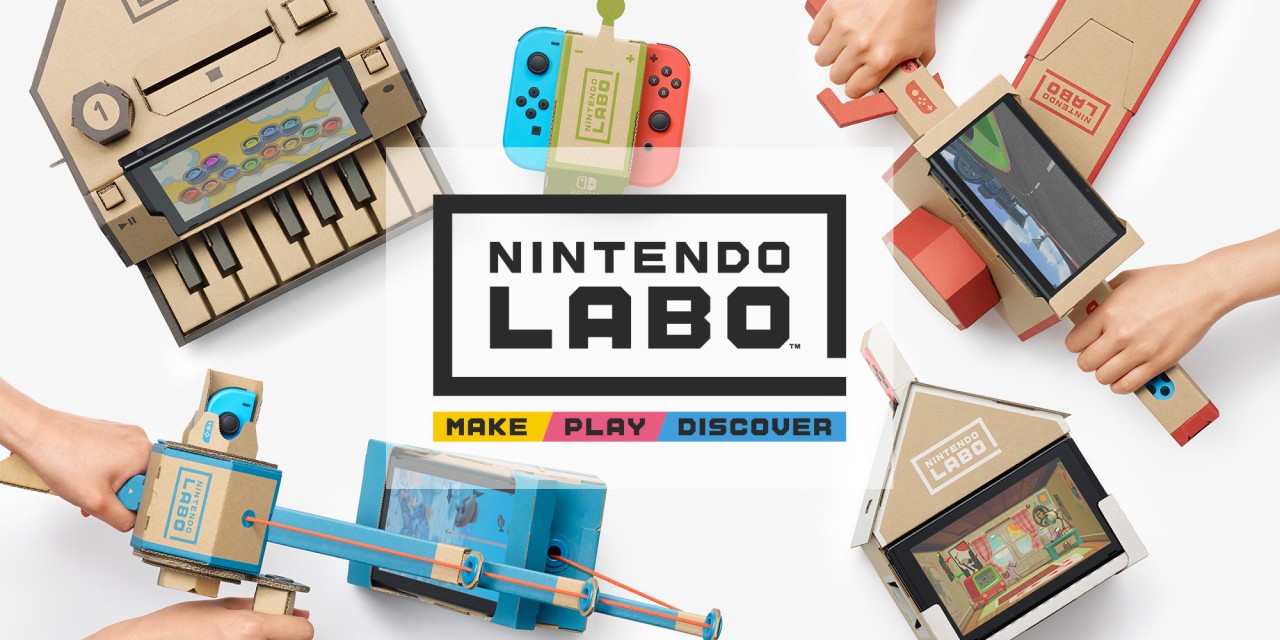Baseball Riot Nintendo Switch Review by SwitchWatch
Developer: 10Tons Ltd
Publisher: 10Tons
Release Date: January 19th, 2018
Price as of Article: $4.99 USD, £4.49 GBP

Baseball Riot is the sequel to a game I recently reviewed called Tennis in the Face. It is set in the same world with the dastardly energy drink company, Explodz, corrupting all of society.
In this game, you play as Gabe Carpaccio. He is a former baseball star who was taken out of the sport due to a serious “accidental” knee injury courtesy of an opposing team’s pitcher. After his retirement, he learns of Explodz buying his former team. Set on a mission to free his former comrades from the tyranny that Explodz represents, he must traverse through an Explodz-crazed world to reach their headquarters and take them down.
*Note: I will have to refer to Tennis in the Face a few times in this review as the two games are so similar. For future reference, I will be abbreviate it as TITF.
The while Baseball Riot features new music, it is very similar in style to Tennis in the Face. There wasn’t much in this regard that blew me away. There are only a few songs. Most of them are short, easy to listen to, loop well and fit really well into the scheme of this sort of game. There isn’t anything special here, but there isn’t a lot needed for music in this sort of game.
<script async src=”//pagead2.googlesyndication.com/pagead/js/adsbygoogle.js”></script><!– –><ins class=”adsbygoogle”<!– –> style=”display:block; text-align:center;”<!– –> data-ad-layout=”in-article”<!– –> data-ad-format=”fluid”<!– –> data-ad-client=”ca-pub-5661714653949151″<!– –> data-ad-slot=”5669732186″></ins><!– –><script><!– –> (adsbygoogle = window.adsbygoogle || []).push({});<!– –></script>
Much like the audio, the visuals are almost the exact same in Baseball Riot as they were in TITF. The visuals are still clean and crisp and enemies still have humorous facial expressions when hit by the ball. There is not really much to add here except that there are brand new types of mobs, and returning mobs have new designs. All of the new mobs have designs inspired by baseball.
One feature the Switch possesses which these smartphone-inspired games make great use of is the touchscreen. If you enjoyed playing Angry Birds or other games like it on your phone, then you will feel right at home playing this game in handheld mode. In fact, just like in TITF, you can control this game entirely by touch. I personally found a combination of button and touch controls to be ideal with this game. For example, the menus and stage select are far easier to navigate by touch, but the actual stages are easier to control with precision by using the analog sticks.

Angry Birds Inspired
This game, much like Tennis in the Face, is an Angry Birds inspired game. You are set in a stationary position on the stages, and your goal is to hit other characters positioned at various locations around you with a baseball. The number of balls you get vary from stage to stage depending on what the devs determined are necessary at maximum to complete the stage. You may also acquire one extra ball when you are able to knock out three opponents with one strike.
In TITF, you acquired points based on how many mobs you can take out in a single strike. Depending on the number of balls required to complete a stage, you would receive up to three crowns. If you were able to complete the stage at maximum efficiency, you would receive the full three crowns and a crown would appear on the map in that stage’s location. This has been altered for Baseball Riot.

Collectible Stars
In Baseball Riot, the crowns have been replaced with stars, and they have been turned into collectibles which must be hit by a ball. There are three stars scattered on each stage. If you can hit all of the mobs and collect all three stars before running out of balls, you will receive a full three star rating for the stage and will have a trio of stars appear on the stage’s space on the map.
Additionally, you may receive a separate rating determined by how many balls you used. Also, TITF had a point system determined by factors such as getting head shots, using fewer balls and destroying stage hazards. Baseball Riot has been simplified to remove this and focuses on the star collecting system.

The Map and Stages
The map consists of eight regions of “the known world”. Within each region is a set of at least 12 stages. In total, the game consists of over 100 stages to beat. In addition to those stages, a few spaces on each region of the map are dedicated to certain features such as a stat tracker determining your overall performance and a list of achievements.
One issue I found with this game that affects the pacing is you must collect up to a certain number of stars in each region before you could progress. In the first game, you simply had to complete enough stages at the basic requirement to move on. It allowed you to play the game at your own pace. In Baseball Riot, the game forces you to spend a lot more time completing almost every stage at maximum efficiency before you can move on to a new region. When you go to a region, you will be generally be introduced to a new kind of mob.

Mobs
There are several baseball themed mobs to encounter in this game including an outfielder and a corrupt umpire. Each one of these characters has a special trait which interferes with the baseball. For example, the outfielder comes equipped with a glove which immediately stops the ball if it hits the glove.
The umpire is protected entirely from the front by his body armor and helmet. If you hit him from the front, the ball will bounce off and continue its momentum. The only way to defeat an umpire is to ricochet the baseball and hit him from behind. You must carefully determine how to account for each mob’s capabilities while avoiding stage hazards and taking advantage of explosives lying around.

Stage Hazards
Completing a stage is not simply a matter of hitting the ball against walls and watching it bounce around until every mob has been hit. There is also a variety of stage hazards to contend with such as glass panes. Glass panes are the first stage hazard you will encounter, and they will shatter upon being hit by a ball. However, they will also stop the ball from moving once hit. Another kind of stage hazard is one which you can use to your advantage.
The tire is generally situated in a position that if you hit it correctly, it will bounce into a mob located in a hard to reach place. However, if you don’t aim your strike carefully, the tire will just obstruct you from your original goal and you will waste that valuable resource.
The final stage hazard that’ll be discussed in this review is the one the game is named after: Explodz! Occasionally you will encounter stages with crates Explodz set in strategic locations. Upon striking it with a ball, the cans will explode gloriously while taking out any nearby victims. At least it is good for something!

Stage Layouts Feel Like An Improvement
The stages have been drastically improved over TITF. I felt like much more time and care had gone into these levels and that I had to think about the best way to complete each one with maximum efficiency. In TITF, I found that I was able to complete most of the early stages in one shot having aimed in a random position literally anywhere on the stage. I found that I had to plan out my hits a lot more even with some of the early stages in Baseball Riot due to more effectively placed platforms and stage hazards.
As it goes with any game of the Angry Birds genre, most people will get their money’s worth out of this game by playing it in small doses over a period of time. I personally found that with games like these that if you try rushing your way through them, then you will generally finish it quickly, get bored and move on. It’ll only take you at most 2-3 hours to complete it if you just want to marathon your way through without getting a max score on every level. However, if you take your time and play it in between games or when you just have a few free minutes, then it is a really enjoyable game. And there are plenty of stages to try and get a max score on for completionists, too. Either way you plan to approach it, $5 is a pretty fair asking price.
AveragePros
Quirky Characters
Improved Gameplay Over Predecessor
Over 100 Stages
Costs $5
Cons
Gameplay Isn’t Very Deep
Only Takes 2-3 Hours To Complete
Bad Pacing
